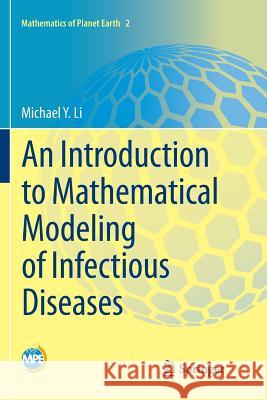An Introduction to Mathematical Modeling of Infectious Diseases » książka
topmenu
An Introduction to Mathematical Modeling of Infectious Diseases
ISBN-13: 9783319891446 / Angielski / Miękka / 2019 / 156 str.
Kategorie:
Kategorie BISAC:
Wydawca:
Springer
Seria wydawnicza:
Język:
Angielski
ISBN-13:
9783319891446
Rok wydania:
2019
Wydanie:
Softcover Repri
Ilość stron:
156
Waga:
0.24 kg
Wymiary:
23.39 x 15.6 x 0.91
Oprawa:
Miękka
Wolumenów:
01
Dodatkowe informacje:
Wydanie ilustrowane











